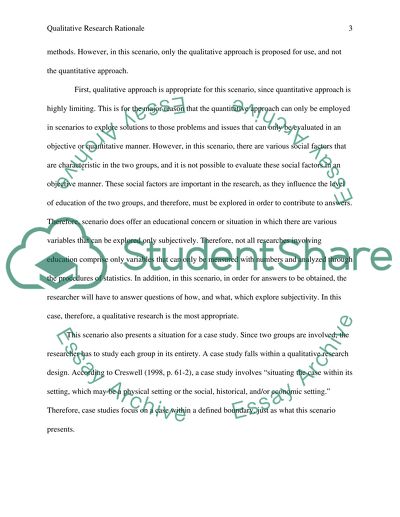Cite this document
(“Potential Bias in Qualitative Research Rationale Essay”, n.d.)
Retrieved from https://studentshare.org/psychology/1485611-potential-bias-in-qualitative-research-rationale
Retrieved from https://studentshare.org/psychology/1485611-potential-bias-in-qualitative-research-rationale
(Potential Bias in Qualitative Research Rationale Essay)
https://studentshare.org/psychology/1485611-potential-bias-in-qualitative-research-rationale.
https://studentshare.org/psychology/1485611-potential-bias-in-qualitative-research-rationale.
“Potential Bias in Qualitative Research Rationale Essay”, n.d. https://studentshare.org/psychology/1485611-potential-bias-in-qualitative-research-rationale.


